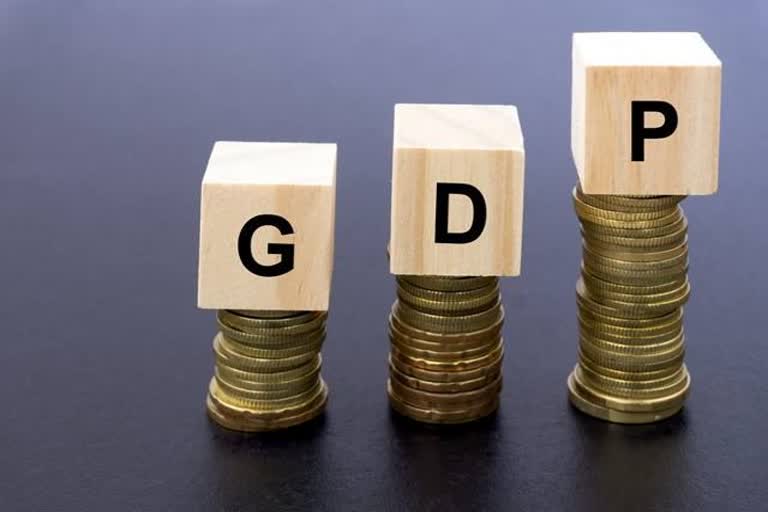Mumbai: The country's median GDP is forecast at 7.1 per cent for FY20 and 7.2 per cent for FY 21, according to a survey.
The industry body FICCI's economic outlook survey said the minimum and maximum growth estimate stood at 6.8 per cent and 7.3 per cent, respectively, for 2019-20.
The survey was conducted in May 2019 among economists belonging to the industry, banking and financial services sectors.
The median growth forecast for agriculture and allied activities was pegged at 3 per cent for FY20, while industry and services sectors are expected to grow by 6.9 per cent and 8 per cent, respectively, during the year.
The median growth forecast for IIP has been put at 4.4 per cent for FY20, with a minimum and maximum range of 3.3 per cent and 5.5 per cent, respectively.
Also read: Investors to look for budget to address consumption slowdown
Inflation is expected to remain moderate and the Wholesale Price Index (WPI) based inflation rate is projected at 3.1 per cent in 2019-20, with a minimum and maximum range of 2.1 per cent and 4 per cent, respectively.
While, the Consumer Price Index (CPI) based inflation has a median forecast of 4 per cent for 2019-20, with a minimum and maximum range of 3.5 per cent and 4.1 per cent, respectively, it said.
"Concerns remain on external front with median current account deficit forecast pegged at 2.1 per cent of GDP for 2019-20. Median export growth is pegged at 4 per cent in 2019-20. Imports, on the other hand, are forecasted to grow at 3.8 per cent in the same year," it added.
With escalation in trade war clouding the global trade growth outlook, which is having an impact on overall world economic growth as well, the economists were less optimistic about the prospects of India's exports in the current year.
"The United States' withdrawal of generalized system of preferences benefits to India which are likely to come into effect from June 2019 have added to India's concerns on the export front. Nonetheless, the duty benefits that arose out of this are USD 190 million, implying a minimal impact on India's export sector," it said.
The economists noted that while greater trade protectionism can harm India's export growth, it also creates opportunities from re-localisation of trade flows. It was recommended that India must be proactive to spot and cease such opportunities to enhance its exports.
They also felt that US' decision to end waiver granted to countries amidst sanctions imposed on Iran is significant and will affect major oil importing countries including India.
"This becomes a major concern at a time when international prices of crude oil have been on the rise due to other factors such as supply constraints being undertaken by OPEC countries," it said.
India must focus on diversifying its export basket as well as markets to capture a greater share in world exports, it added.
"Venturing into new markets in South East Asia, Central Asia, Central America and African subcontinent can help in dealing with the protectionist stance amongst advanced countries," it said.



